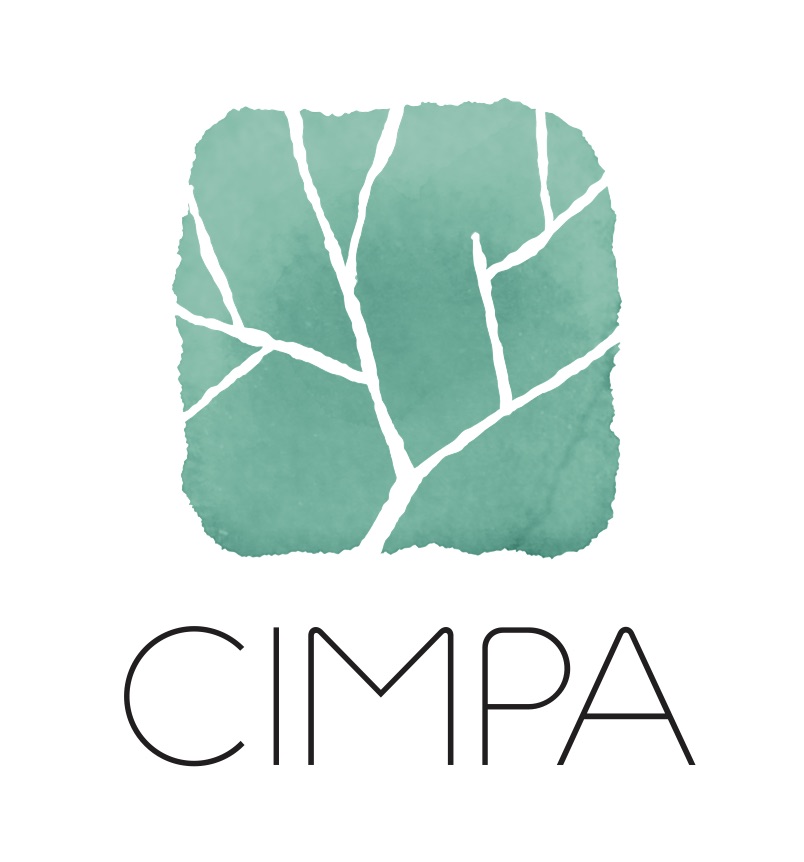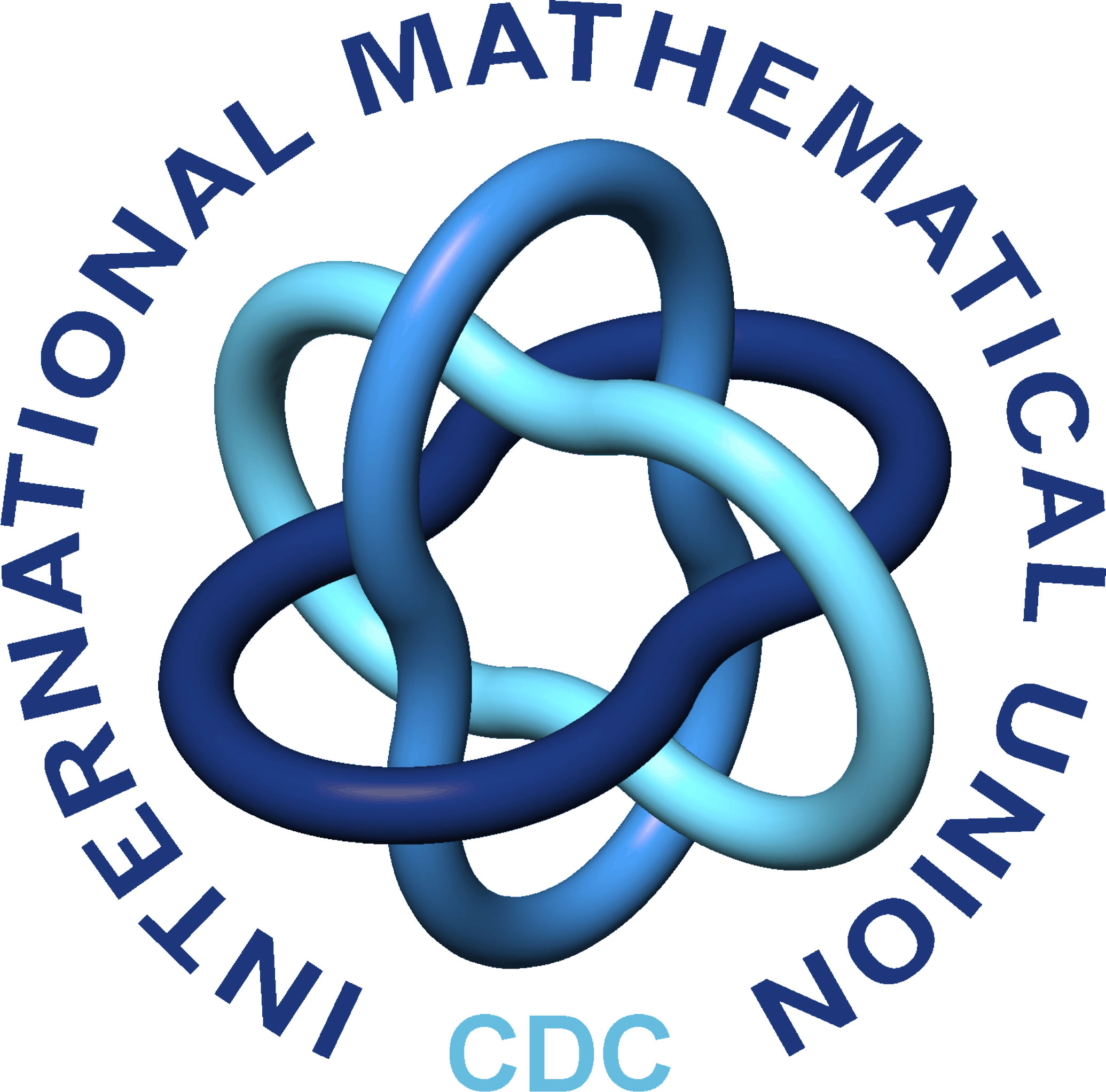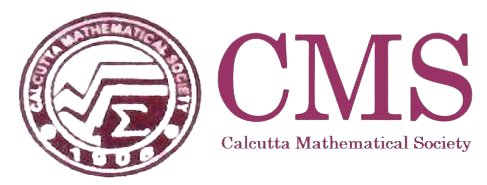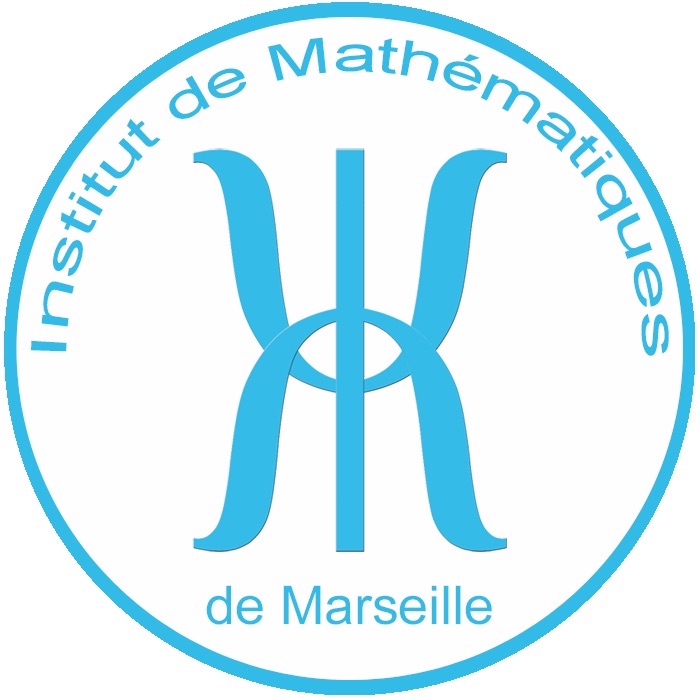Scientific committee
Christophe Pittet (Université d'Aix-Marseille, France)
Tullia Dymarz (University of Wisconsin, USA)
Manjusha Majumdar (University of Calcutta, India)
Contact
Mail to organizers :
Scientific program
Titles of the courses
Course 1: "Prerequisites on Riemannian Geometry", Arindam Bhattacharyya (Jadavpur University, India)
Course 2: "Hyperbolic Geometry and Mostow Rigidity", Kingshook Biswas (Indian Statistical Institute, India) and Krishnendu Gongopadhyay (Indian Institutes of Science Education and Research, India)
Course 3: "Quasi-Isometry Invariants", Peter Haïssinsky (Université d'Aix-Marseille, France)
Course 4: "Word Hyperbolic Groups", Indira Chatterji (Université Côte d'Azur, France)
Course 5: "Boundaries of Hyperbolic Groups", Genevieve Walsh (Tufts University, USA)
Course 6: "Ergodic Theorems and Unitary Representations of Lie Groups and their Lattices", Christophe Pittet (Université d'Aix-Marseille, France)
Course 7: "Large scale geometry of nilpotent and solvable Lie groups", Tullia Dymarz (University of Wisconsin, USA)
Introductory courses
Course 1: "Prerequisites on Riemannian Geometry", Arindam Bhattacharyya (Jadavpur University, India)
Abstract of the course. We shall introduce the basic geometric objects of Riemannian geometry to provide some background: definition of a Riemannian manifold, its associated distance and group of isometries with their elementary properties. Emphasis will be given on examples, including surfaces and Lie groups.
Course 2: "Hyperbolic Geometry and Mostow Rigidity", Kingshook Biswas (Indian Statistical Institute, India) and Krishnendu Gongopadhyay (Indian Institutes of Science Education and Research, India)
Abstract of the course. We shall give a gentle introduction to hyperbolic geometry, insisting on the hyperbolic plane, before considering higher dimensional spaces. The rest of the lectures will be devoted to sketching Sullivan's proof of the Mostow rigidity theorem, which states that if X, Y are closed hyperbolic n-manifolds with n at least three, then any isomorphism between their fundamental groups is induced by an isometry between the manifolds.
Course 3: "Quasi-Isometry Invariants", Peter Haïssinsky (Université d'Aix-Marseille, France)
Abstract of the course. We will discuss the notion of quasi-isometry and present some standard examples of invariants, such as ends, volume growth, finite presentability, etc.. We should also describe Bass-Serre theory from a topological view if time allows.
Course 4: "Word Hyperbolic Groups", Indira Chatterji (Université Côte d'Azur, France)
Advanced courses
Course 5: "Boundaries of Hyperbolic Groups", Genevieve Walsh (Tufts University, USA)
Abstract of the course. We will define and discuss the Gromov boundary of a hyperbolic group. This is an extremely useful topological space associated to a hyperbolic group. We will give many examples of boundaries, and describe some properties of the boundary which are reflected in the group.
Course 6: "Ergodic Theorems and Unitary Representations of Lie Groups and their Lattices", Christophe Pittet (Université d'Aix-Marseille, France)
Abstract of the course. Ergodic theorems can be deduced from operator norm estimates. In the case of Lie groups and their lattices, the theory of unitary representations, in particular estimates of the Harish-Chandra (spherical) functions, lead to very precise convergence rate estimates. (Priority will be given to examples rather than to the general theory.)
Course 7: "Large scale geometry of nilpotent and solvable Lie groups", Tullia Dymarz (University of Wisconsin, USA)
Abstract of the course.
The goal of these talks is to introduce students to the basics of large scale geometry and metric structures of nilpotent and solvable Lie groups. The first lecture will review the notion of quasi-isometry and gives basics of nilpotent and solvable groups. The second will focus on aspects of the metric geometry of nilpotent Lie groups. The third will look at the metric geometry of certain family of solvable Lie groups. We will assume some familiarity with Riemannian geometry and the basic definitions of Lie groups and Lie algebras.
Training sessions
Besides the first hour providing some very elementary background on Riemannian geometry, we wish to organize the lectures based on the "learning-by-doing" method. To implement this, the lectures have been grouped in half-days. A portion of the time is used to introduce definitions and some results (with or without proofs). For the rest of the time, the students will be organized into small groups, and we should make them work on examples and find proofs of some results. To have a lot of time is supposed to help the students get acquainted with the objects and methods on their own.Schedule
| DAY-1 18-01-2022 (Tuesday) |
Inauguration 01:30 pm - 2:00 pm |
Arindam Bhattacharyya 02:00 pm 03:00 pm |
Peter Haïssinsky 03:30 pm 04:30 pm |
Krishnendu Gongopadhyay 05:00 pm 06:00 pm |
|
|
| DAY-2 19-01-2022 (Wednesday) |
Peter Haïssinsky & Tutorial 10:30 am 11:30 am |
Krishnendu Gongopadhyay & Tutorial 11:45 am 12:45 pm |
LUNCH |
Indira Chatterji & Tutorial 01:30 pm 03:15 pm |
Peter Haïssinsky & Tutorial 03:45 pm 05:30 pm |
|
| DAY-3 20-01-2022 (Thursday) |
Indira Chatterji & Tutorial 01:30 pm 03:15 pm |
Peter Haïssinsky & Tutorial 03:45 pm 05:30 pm |
Krishnendu Gongopadhyay & Tutorial 06:00 pm 07:00 pm |
|
|
|
| DAY-4 21-01-2022 (Friday) |
Indira Chatterji & Tutorial 01:30 pm 03:15 pm |
Krishnendu Gongopadhyay & Tutorial 03:45 pm 06:00 pm |
|
|
|
|
| DAY-5 22-01-2022 (Saturday) |
Krishnendu Gongopadhyay & Tutorial 11:30 am 12:30 pm |
LUNCH |
Indira Chatterji & Tutorial 01:30 pm 03:15 pm |
Peter Haïssinsky & Tutorial 03:45 pm 04:45 pm |
Krishnendu Gongopadhyay & Tutorial 05:00 pm 06:00 pm |
|
| DAY-6 24-01-2022 (Monday) |
Tullia Dymarz & Tutorial 09:00 am 11:00 am |
LUNCH |
Christophe Pittet & Tutorial 01:30 pm 03:15 pm |
Kingshook Biswas 03:45 pm 06:00 pm |
Genevieve Walsh 06:30 pm - 07:00 pm |
|
| DAY-7 25-01-2022 (Tuesday) |
Tullia Dymarz & Tutorial 09:00 am 11:00 am |
LUNCH |
Genevieve Walsh & Tutorial 01:30 pm - 02:30 pm |
Christophe Pittet & Tutorial 03:30 pm 05:15 pm |
Genevieve Walsh 06:30 pm - 07:00 pm |
|
| DAY-8 26-01-2022 (Wednesday) |
Tullia Dymarz & Tutorial 09:00 am 11:00 am |
LUNCH |
Genevieve Walsh & Tutorial 01:30 pm - 02:30 pm |
Christophe Pittet & Tutorial 03:30 pm 05:15 pm |
Genevieve Walsh 06:30 pm - 07:00 pm |
|
| DAY-9 27-01-2022 (Thursday) |
Kingshook Biswas 09:00 pm 11:15 pm |
LUNCH |
Genevieve Walsh & Tutorial 01:30 pm - 03:45 pm |
Christophe Pittet & Tutorial 04:00 pm 05:45 pm |
Valedictory Session | |
Links
Sponsors



